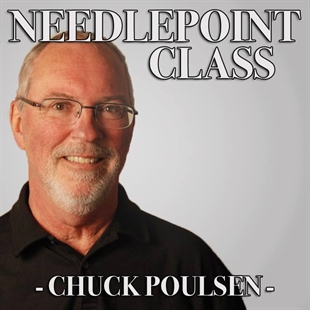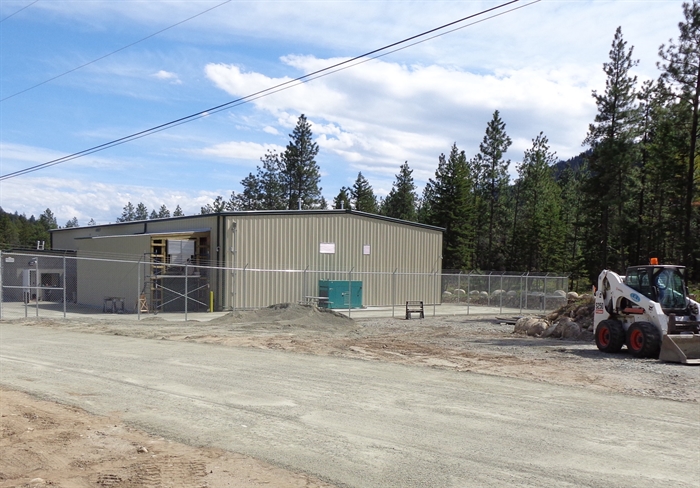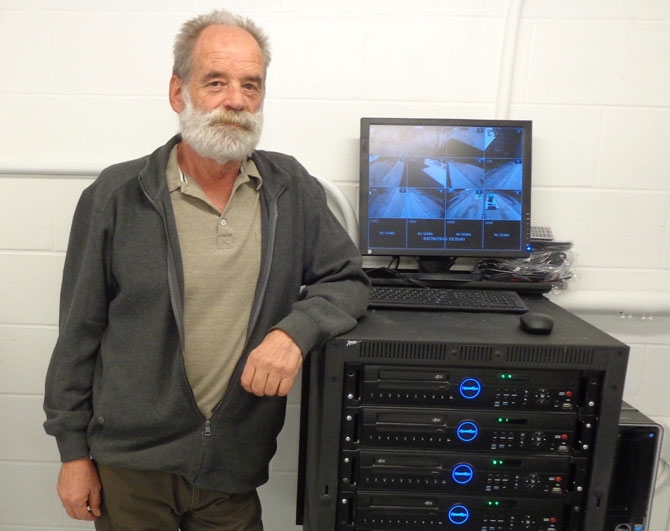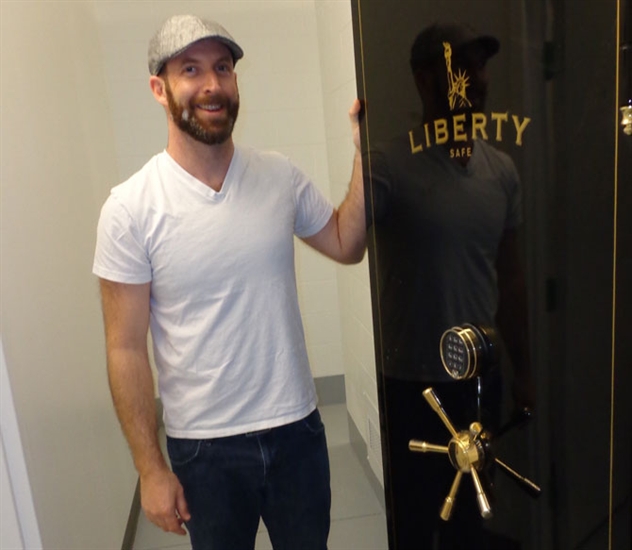
Image Credit: Chuck Poulsen
April 30, 2015 - 8:25 AM
The Interior’s largest medical marijuana grow is about to sprout its first crop. The first crop will be . . . strawberries?
The strawberries will be a test crop to work out the intricacies of the system, which is extensive and expensive beyond the dreamiest visions of Cheech and Chong.
After the strawberry run-through, the farm will produce marijuana for a market of 1,000 people already signed up for delivery of the doctor-prescribed pharmaceutical.
The 12,000 square-foot building at the top of Peachland on Paradise Valley Dr. is in a different league than the usual grow, starting with the security.
Barbed wire, of course. That’s easy.
But step inside and you’ll be greeted by a security guard, 24/7, sitting behind a two by four-foot, bullet-proof pane of glass.
“That piece of glass alone cost $1,800,” said Cliff Stowell, who lives next door to the facility and is the founding owner of Potanicals Green Growers. “Just one of many things required by Health Canada. We have a 100 gallon hot water tank that supplies just the hot water for the bathrooms and showers for employees. That cost $12,000.”

Potanicals new medical marijuana grow is Phase One on 20 acres in Peachland.
(CHUCK POULSEN / iNFOnews.ca)
Looks much like my hot water tank. Holy pencil pushers!
Potanicals’ application to grow was the third of 1,200 filed in Canada.
No, definitely not an average grow op. For instance: The building has 54 cameras with enough overkill hard drive behind them to store two years of continuous video.
All employees – there will be 16 in total working in two shifts – will have undergone background checks. Those who have occasional business entering the building will also need to be pre-screened for a criminal past. There will be no tours for the public.
The walls are all reinforced, eight-inch thick concrete block; the doors to the growing rooms made of steel and code-locked. The upstairs vault that holds the packaged marijuana before shipping is guarded by a 700-pound steel door, no different than a bank vault. The vault has been built to store $31 million of product, although not that much for now.
The whole setup cost almost $4 million, not including the property.
“No one else in Canada will have built to this calibre," said Geoff White, Potanicals' quality assurance supervisor. "Health Canada has set the bar high.”
White owns ProgenyBio and has done work for Okanagan vintners, down to the molecules.

Potanicals' Cliff Stowell with a computer system that can store two years of video from 54 surveillance cameras.
(CHUCK POULSEN / iNFOnews.ca)
The marijuana plants will start with seeds from Israel, but after that it’s a matter of picking the best “mother” plants that grow, and slicing off one-half inch pieces of tissue culture to propagate each new plant. Some of the best plants are used as new mother plants.
They are grown under 127 thousand-watt lamps in a nutrient-rich gel. The work will be done by people in the same get-up that’s worn in operating rooms, breathing air that’s just as clean as an operating room too. There is an “air curtain” over each door to keep out air borne contaminants. The water is purified through reverse osmosis. Well, of course it is.
The water issue was one of many roadblocks that politicians tried to throw up. The previous Peachland council thought the plant’s water might contaminate nearby Trepanier Creek. Well, they didn’t really think that but the creek was a good place for a red herring that might stop the project.
The farm will produce only as much waste water annually as 2.5 average families, for which a separate septic system has been built. Total annual water usage will be about 800,000 litres, compared with 3.2 million litres per hectare for grapes.
Most of the Peachland councillors, and mayor, got the boot last fall and Stowell says the new bunch has been supportive.
The regional district also threw in a wrench in by upping the required size of the property from 10 to 20 acres. So Potanicals bought 10 more acres, so there!
Unlike similar medical marijuana operations in the U.S., which are allowed to use 200 kinds of pesticides, Potanicals will use none, says White.
Distribution of the five-gram packets will be directly to the individual end user; no dispensaries, no wholesaling. The cost will be $5-$10 per gram, depending on the strain. That’s similar to street value. Stowell said he plans on some form of compassionate pricing for those who need it.
In addition to the buzz-inducing THC-rich marijuana, Potanicals will produce a tincture for children, including a strain that is high in only CBD, the medically important but non-psychoactive component of the plant.

Quality control specialist Geoff White in front of the vault, which can store up to $31 million worth of finished product.
(CHUCK POULSEN / iNFOnews.ca)
The packs will be shipped via Canada Post. They won’t be marked as marijuana but there is no doubt the contents of the parcels will become known to posties on the route.
Stowell said this indeed is a worry for Canada Post but the government chose the regular mails because stealing it is a federal offence with the possibility of lengthy jail time for a thief.
(An aside: There is one other marijuana grow in the Interior licensed by Health Canada, In the Zone Produce of Armstrong. A call to the company reached a no-reply answering machine telling callers to keep checking back. Published reports in January stated that In the Zone has yet to sell any marijuana).
The legalization of recreational marijuana is a foregone conclusion. Stephen Harper may keep delaying it, or his pro-legalization caucus may convince him to stop this silliness before the voters do the job for him this fall.
Potanicals plans to be ready for the recreational market. The company, which now has Chinese investors involved, has started work on Phase Two, an indoor farm on the same property that will be almost seven times the size of the existing one.
— Chuck Poulsen can be reached at PC30@shaw.ca
News from © iNFOnews, 2015